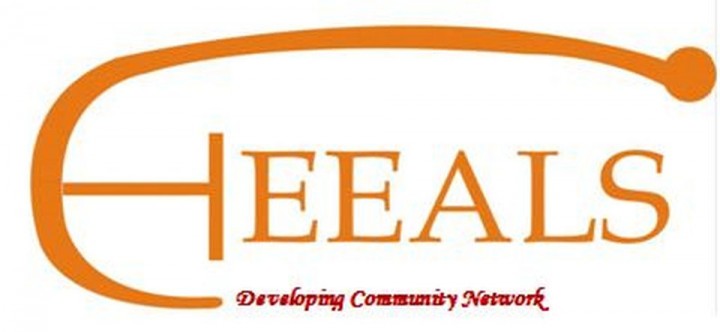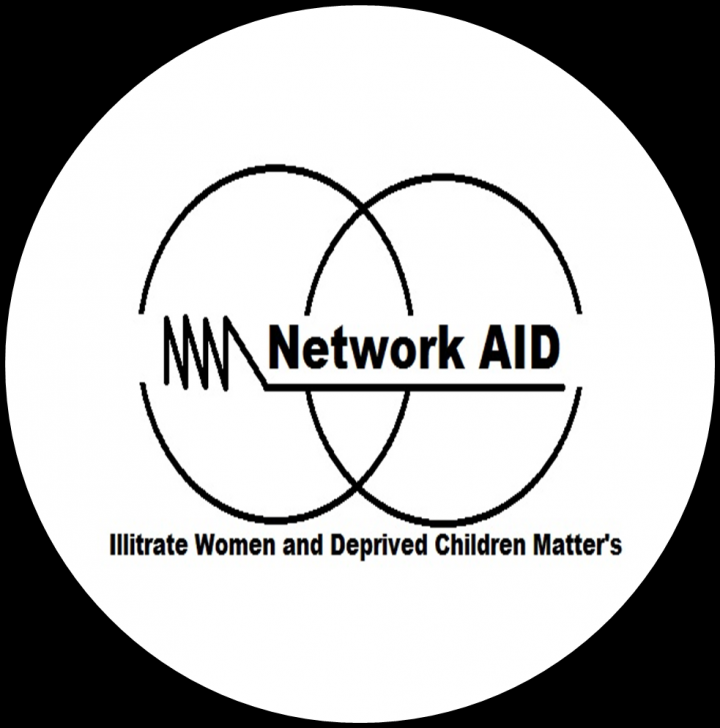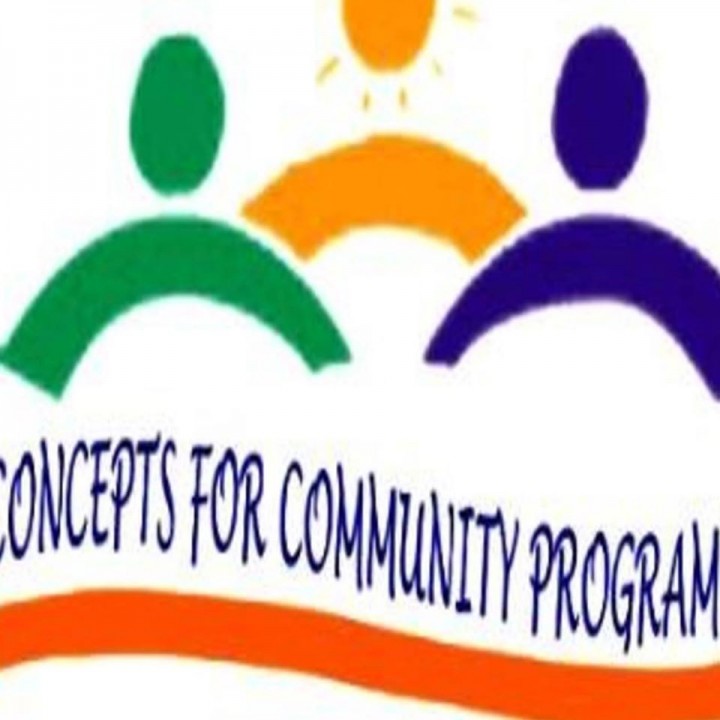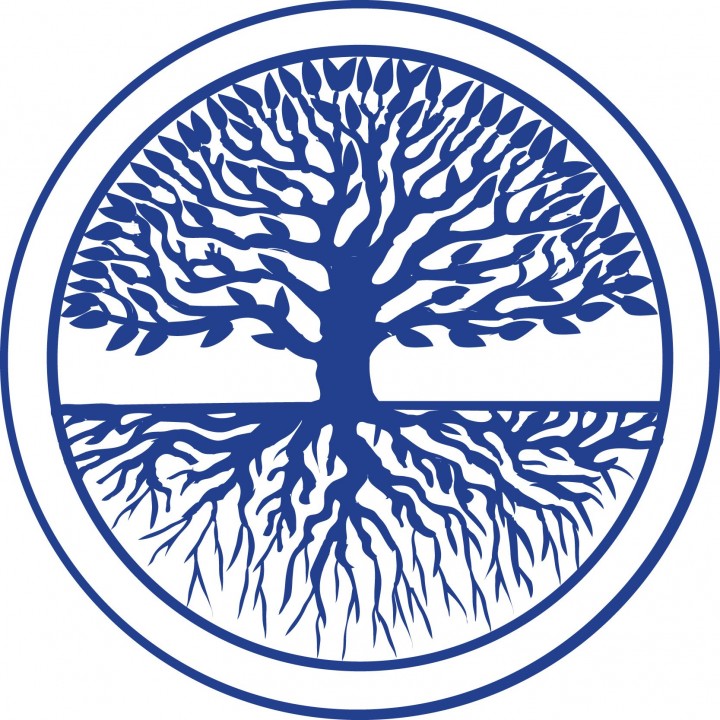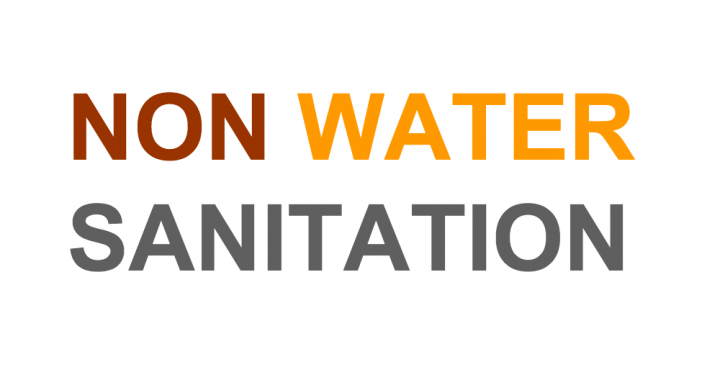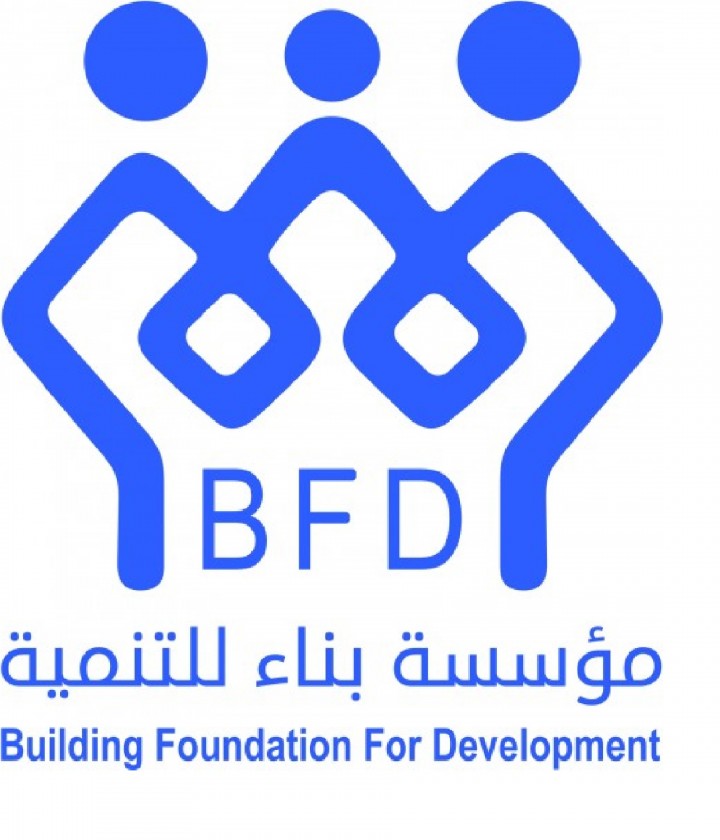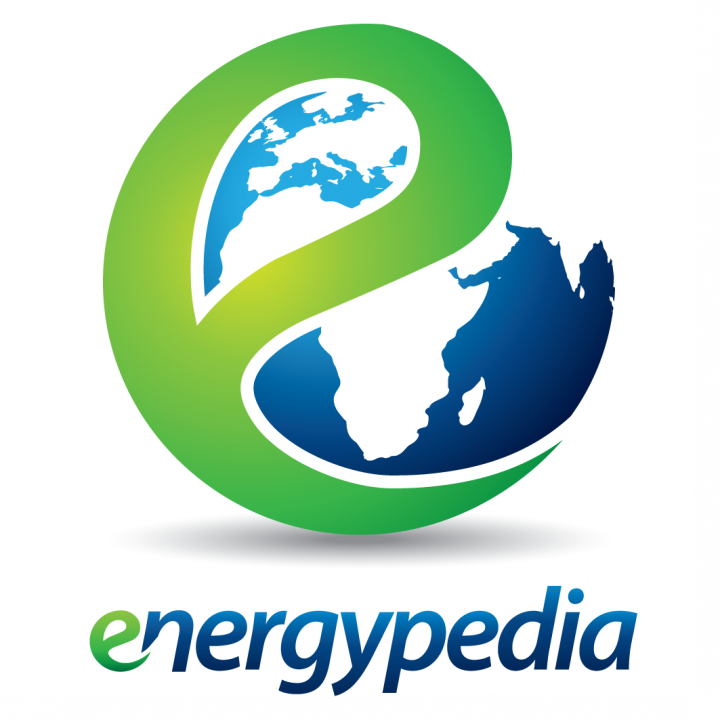Innovations Unlimited
With the vision of providing Dignity and Privacy for all irrespective of their Socio-economic status, we came up with our innovation, nCircle R, and launched, INNOVATIONS UNLIMITED, an all Women Start-up Entrepreneurial Organisation.Our Patented Innovation nCircle R, is a quickly Deployable Total Toilet Solution as well as a standalone Superstructure, which ensures Privacy and Dignity to all especially Women while catering to all of their Personal Needs like taking a bath, Changing or Feeding their babies.
HEEALS
HEEALS is a registered NGO in India . HEEALS is an acronym denoting our commitment to committing human and technical resources to achieve Health Education Environment and Livelihood Society for all. We are a research and advocacy based organisation, we do research on water, sanitation in schools, orphan homes, refugee camps and in rural and urban slums. We create awareness regarding Toilet use, safe drinking water, sanitation. We have been working in the WASH Sector for the last 3 years. We are a member of WSSCC and MH partner of Wash United. We work in water sanitation, menstrual hygiene and girl education in 5 states of India.
BMC Biomass Controls PBC
Our mission is to offer transformative solutions in response to water and sanitation challenges around the world. Our Biogenic Refinery provides thermochemical treatment of high moisture materials such as manures, human excreta, agriculture residues and food waste. Our services provide Design, Technology Adoption Support, and Impact Measurement. Our decentralized technologies deliver improvements in health, the environment and quality of life while promoting gender equality. Our vision is to become a world leader in decentralized, community scale non-sewered thermal sanitation solutions that significantly impact quality of life and equality in served areas.
CCP Concepts for community programmes
Concepts for Community Programmes is a national non-profit humanitarian and development organization dedicated to working with communities to reach their full potential. Founded in 2011, CCP works across all the Federal states of Somalia promoting social cohesion and empowering communities to tackle the causes of poverty and injustice. We provide humanitarian assistance to families affected by disaster & conflict while partnering with communities for long-term solutions to alleviate poverty. Motivated by the potential in the communities we work with, we optimize their role to foster peaceful co-existence and economic empowerment in Somalia.
GIZ Deutsche Gesellschaft für Internationale Zusammenarbeit (GIZ) GmbH
The Deutsche Gesellschaft für Internationale Zusammenarbeit (GIZ) GmbH (formally known as Deutsche Gesellschaft für Technische Zusammenarbeit (GTZ) GmbH is a federally owned organisation. It works worldwide in the field of international cooperation for sustainable development. Their mandate is to support the German Government in achieving its development objectives. It provides viable, forward-looking solutions for political, economic, ecological and social development in a globalised world.
Horizon International, Yale University
Horizon International works to find and advance solutions to vital concerns in the interconnected areas of health, the environment, population and economic well-being through its programs, websites, publications, lectures, conferences, and consultancies. The organization, based at Yale University, focuses on needs that it can most effectively address, prioritizing initiatives that are most pressing and that inform and inspire positive action with the help of its Scientific Review Board, Special Advisors, and many collaborating entities. Water, sanitation and hygiene have been a major focus of the organization for the past 6 years.
Non-Water Sanitation e.V.
Non-Water Sanitation is a non-profit organization which promotes drytoilets and raises awareness about hygiene topics. So far, they helped one rural village in India (Darewadi) to gain Open Defecation free status and build a drytoilet-complex for a residential school in another indian village. Next to the development aid projects, they started EcoToiletten which is a rental for ecological mobile toilets in Germany. This is an alternative to the widely known plastic toilets. The campaign helps to promote ecosan in Germany and also a part of the returns are allocated to the projects in developing countries. In addition they also try to do research in the field of sanitation. Topics of interests are the reduction of xenobiotics in human feces and urine, and the establishment of a […]
BFD Building Foundation For Develoment
BFD WASH Projects have focused on vulnerable communities in rural and urban areas, including IDPs and cholera response. Activities have included, but not limited to, rehabilitation and support to operation of water pumping systems, maintenance and rehabilitation of sanitation systems, as solid waste management, environmental cleaning campaigns and Awareness campaigns on community level and HH level alongside distribution of key WASH NFI.
DORP Development Organization of The Rural Poor
DORP is an NGO working in the field of development in rural Bangladesh since 1990 with the proper approval of the Government. DORP is implementing various projects related to Water, Sanitation and Hygiene (WASH)with the assistance of National and International Organization/Donor. It also work on Maternal and Neonatal Health Care program.
ADA Austrian Development Agency
The Austrian Development Agency (ADA) is the operational unit of Austrian Development Cooperation. The Austrian Development Cooperation (ADC) supports countries in Africa, Asia and Central America as well as in South Eastern and Eastern Europe in their sustainable social, economic and democratic development. The Austrian Foreign Ministry (FMEIA) plans ADC strategies and programmes, while ADA implements these together with public institutions, non-governmental organisations and enterprises.
BIRD-Liberia Brighter Initiatives for Revitalization & Development
Health and Sanitation/wash in school
VLRC Vrutti Livelihoods Resource Centre
Vrutti, a livelihood resource centre, focuses on inclusive growth and reduction of poverty in India and South Asia. The Mission is to promote livelihoods of disadvantaged groups at a scale by working with communities and partners for developing effective strategies, approaches, models, capacities and policy frameworks. It strives to bring out business solutions to development challenges in the livelihood space.
DES Decentralised Environmental Solutions
DES strives to promote self-sustainable communities through linking innovative environmental solutions to people’s livelihood strategies in South Africa. •A healthier life through Improved Sanitation for All. •Sustainable agriculture through usage of nutrient rich effluent. •Food security and Job creation.
Envirosan Sanitation Solutions
International manufacturer and service provider of sanitation systems and facilities, based in Durban, South Africa. Envirosan’s core business is to provide a comprehensive range of plastic injection moulded sanitation systems and solutions, specialising in waterless sanitary products. Quality and reliability are of paramount importance to our customers and ourselves – we are committed to building mutually beneficial relationships with our customers by providing cost effective products, technical excellence, superior quality and unrivalled levels of service.
Arche noVa (initiative for people in need) e.V.
Arche noVa - initiative for people in need is a non-profit- and non-governmental organisation from Dresden/Germany working primarily on the field of humanitarian aid, development cooperation and education. Regardless of the victims' ethnicity and ideology we support all those who suffer from war, suppression and natural disasters. With special regard to discriminated social groups our main aim is the rapid provision of sustainable aid in order to ease adversity and to assist self-help initiatives. To guarantee fast and effective action in difficult situations we offer our logistics and experience to local cooperating partners.
KKF KARL KUEBEL FOUNDATION FOR CHILD AND FAMILY (KKF)
Karl Kubel Foundation for Child and Family, a charitable and secular organization is operating in India since, 1994. The foundation discharges its support functions from the campus of Karl Kubel Institute for Development Education, Coimbatore in Tamil Nadu, India. The social service mission of the foundation is anchored towards a sustainable development trainings, and sustainable development projects, both aiming at improving the quality of life of the people. The Foundation [KKF] is active in identifying reliable and sustainable social development projects across the nation to promote an inclusive and egalitarian society. The Development Institute [KKID] strives to enhance human excellence in every individual across the verticals of development, education, government and corporate through quality training workshops and thematic seminars.
AOSED An Organization for Socio-Economic Development
AOSED is a grassroots organization working on IWRM, WatSan, Climate Change and Agriculture issues in the southwest coastal region of Bangladesh. Vision: Develop a just, prosperous and environment-friendly Society in which there will be no discrimination on the basis of race, caste, creed, gender or occupation whatsoever.
BGR Federal Institute for Geosciences & Natural Resources
The Federal Institute for Geosciences and Natural Resources is the central geoscientific authority providing advice to the German Federal Government in all geo-relevant questions. It is subordinate to the Federal Ministry of Economics and Technology (BMWi).
energypedia UG
Energypedia is a renewable energy wiki platform in the context of development cooperation. It offers free access to expert information on renewable energy and energy efficiency in developing countries. On energypedia.info anyone can create and revise articles on renewable energy technologies, approaches and projects as well as energy efficiency. Energypedia's goal is to promote knowledge and experience exchange in order to achieve universal access to sustainable energy for all people. For this reason energypedia is free and accessible for everyone.

